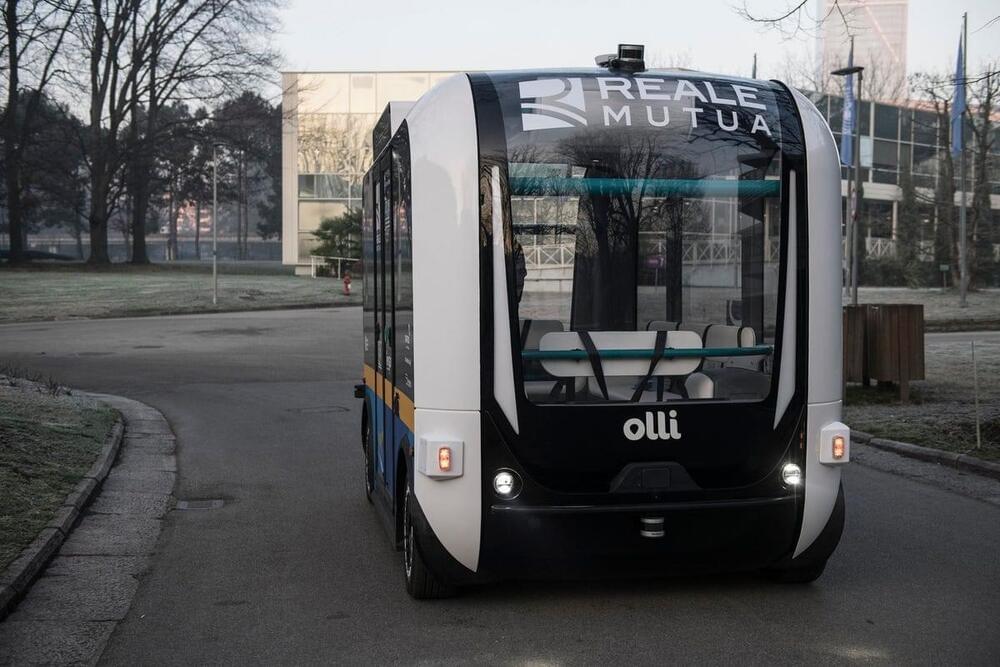Last week saw an announcement that Optimus Ride, an autonomous shuttle company in Boston was purchased in an acqui-hire by Magna, the Ontario based Tier One Automotive company. In an acqui-hire, the company has generally failed, but a buyer pays to pick up the assets and to hire the team, which took time to create. Usually it’s only enough to reward the preferred investors, the team gets options in their new employer.
Optimus Ride built a shuttle on top of the GEM 6-seater electric shuttle platform, adding sensors and their autonomy tools. It evolved out of MIT.
Also announced as shutting its doors was Local Motors, maker of the Olli shuttle. Local Motors began with a focus on 3D printing to make smaller volume vehicles. The started with the Rally Fighter, a vehicle that was crowd designed after contests. Over time, founder Jay Rogers believed that 3D printing could bring a vehicle to production faster and at lower cost than conventional methods than conventional methods, and entered the Shuttle market, partnering with various partners to make them autonomous. Recently, we reported how an Olli shuttle in Whitby, Ontario had a crash resulting in serious injuries. Early reports suggested it was in autonomous mode, but it was later revealed it was being manually driven at the time. That made it mostly a non-story, but the real story of Olli did not go so well, either.
Full Story:
Optimus Ride and Olli, two self-driving shuttle companies failed last week. The self-driving shuttle may not be that good an idea right now, but it has the chance to be the core future of public transportation.
